 Abraham Lincoln
If given the truth, the people can be depended upon to meet any national crisis...
Abraham Lincoln
If given the truth, the people can be depended upon to meet any national crisis...
 Guildford news...
for Guildford people, brought to you by Guildford reporters - Guildford's own news service
Guildford news...
for Guildford people, brought to you by Guildford reporters - Guildford's own news service
Beekeeper’s Notes: We Must Go Chemical Free ‘If Not Now, Then When?’
Published on: 1 Jul, 2019
Updated on: 28 Jun, 2019
By Hugh Coakley, who keeps bees in Worplesdon
Many people are shocked to learn that beekeepers routinely treat their bees with chemicals. They expect bees to be entirely natural.
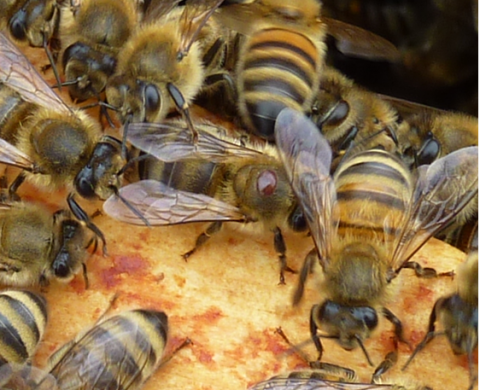
The red shiny oval shape is a varroa mite latched onto the back of a bee in one of my hives.
But experts have long told beekeepers that the only effective way to fight the tiny varroa mite, the foreign invader that devastated beekeeping in the 1990s, is to use proprietary treatments.
One local beekeeper though has gone chemical-free, believing the bees themselves develop their own natural resistance.
And Jonathan Brookhouse has set up a programme to breed resilient bees in his Cranleigh apiaries. He said: “When I was a government bee inspector, I came across many hives that had not been treated and were perfectly healthy.
“I had stopped treating my own hives in 2011 because I was busy and, after a while, it occurred to me that my bees were brilliant.”
He did lose some of his hives but the surviving ones were more robust.
Jonathan, quietly spoken and unassuming, is a surprisingly versatile man. His life story has ranged from art school to window dresser, writing children’s stories to building work and selling software to executive coaching. When he was 20, he set off for India via Israel but ended up staying in Lower Galilee for nearly 20 years on what started as a tiny organic commune.
It was ahead of its time with an ethos of “treading lightly on the land”, said Jonathan. That was where he learnt his beekeeping.
Since going chemical-free, he said: “Apart from the resilience, there was something interesting going on. I noticed that my bees were becoming darker, more like the native European dark bee, mellifera mellifera.”
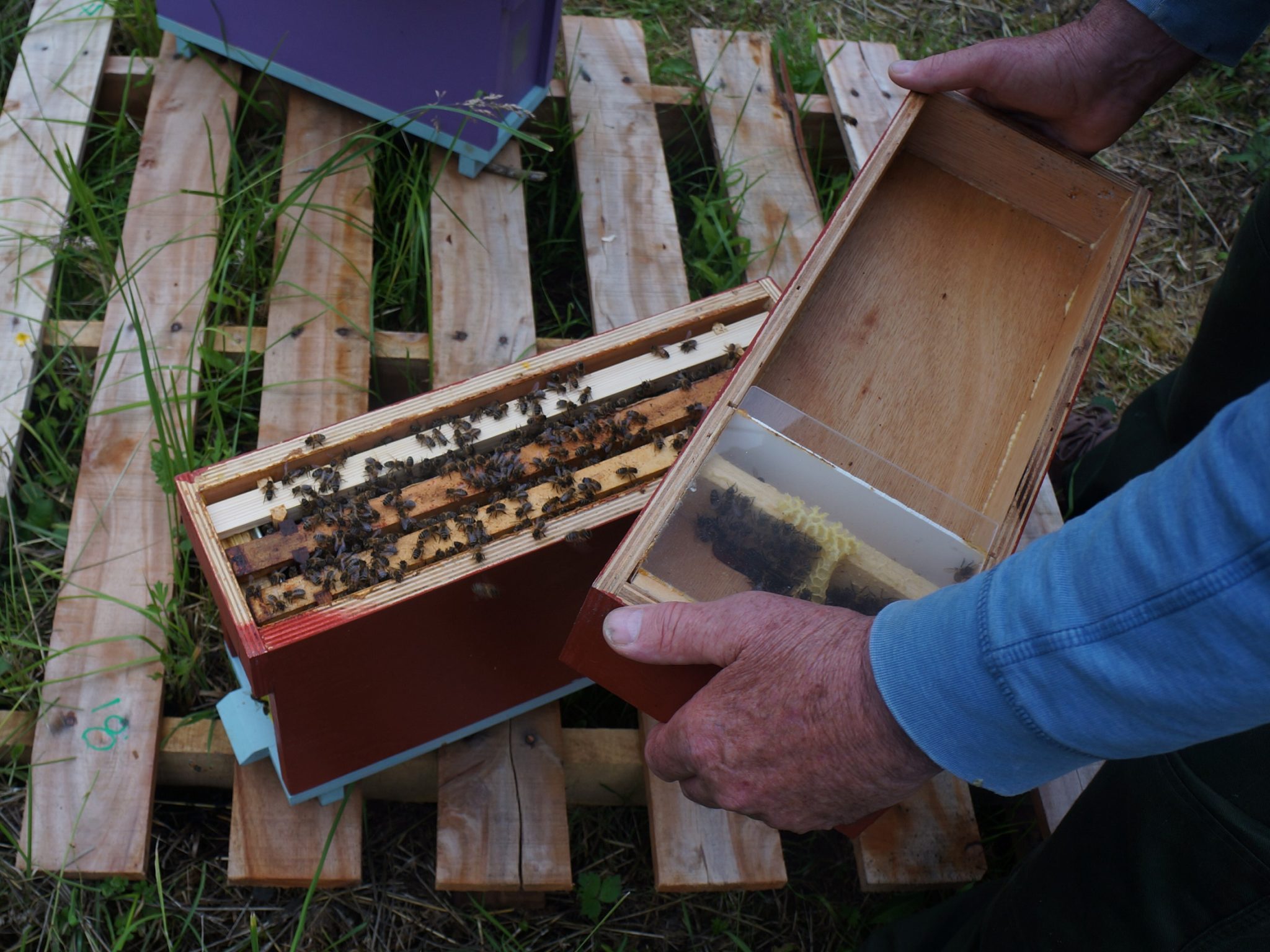
Opening up one of Jonathan’s mating hives The bees are very calm and a dark colour, compared to imported bees which tend to be more yellow. Click on the photo for an enlarged view.
He hasn’t had them tested so he can’t say what percentage of a true European dark bee they are but he thinks the evolutionary default in the UK is the dark bee. “I feel the native dark bee is gradually re-asserting itself,” he said.
Jonathan hopes that by selectively breeding bees resistant to varroa and sharing them with other beekeepers, he will accelerate the strain of resilient, native bees in the area and maybe beyond.
“If we don’t go chemical-free, we are creating a bee that is dependent on humans.
“I would love to get funding to find out how my bees are becoming resistant to varroa.” he added.
There are risks. One is the “mite bomb” effect described by Prof Tom Seeley in Darwinian beekeeping. He defines the phenomenon as mites spreading en masse to weaker colonies after an apiary stops varroa treatment. Jonathan thinks this can be avoided if you have resilient bees.
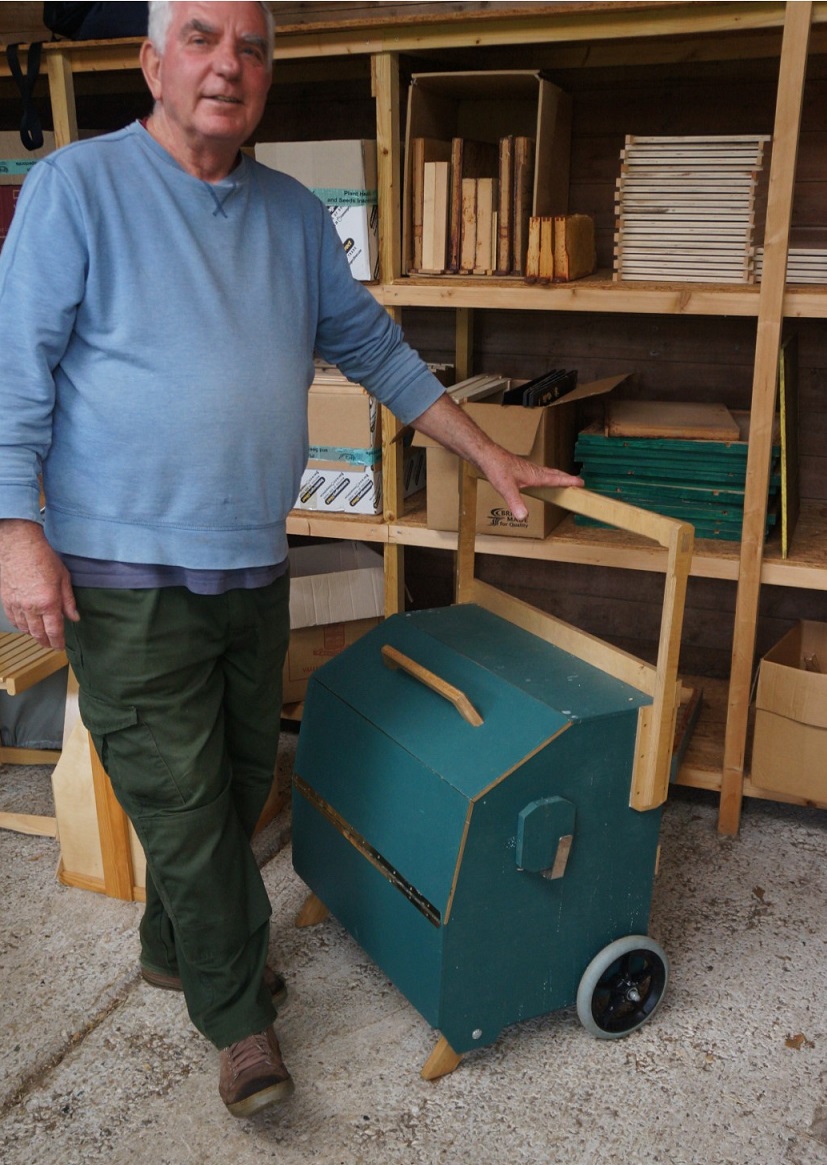
Jonathan is very versatile and enjoys making things, including his own furniture and this mobile beekeeper’s equipment trolley, from his workshop at home.
Malcolm Clark, president of Guildford Beekeepers Association, said: “It is a complex subject but [Jonathan’s work] is well worth doing. If there is an improvement to the bees in Cranleigh, that would be a very good start. Jonathan is showing us the way and he deserves our support.”
Malcolm added that the honey from local beekeepers was an excellent and healthy food, adding: “Current registered treatments for bee diseases were not persistent in honey to any significant degree if at all.
“Talk to your local beekeeper before you buy. They are always delighted to talk about their wonderful honey.”
Treating our colonies with accredited medication for the varroa mite that doesn’t taint the honey is not wrong. But will we end up treating our bees forever or do we take the plunge at some time and allow them to build their own resistance?
Jonathan said there is a Hebrew saying, “If not now, then when?”
That sums it up for me.
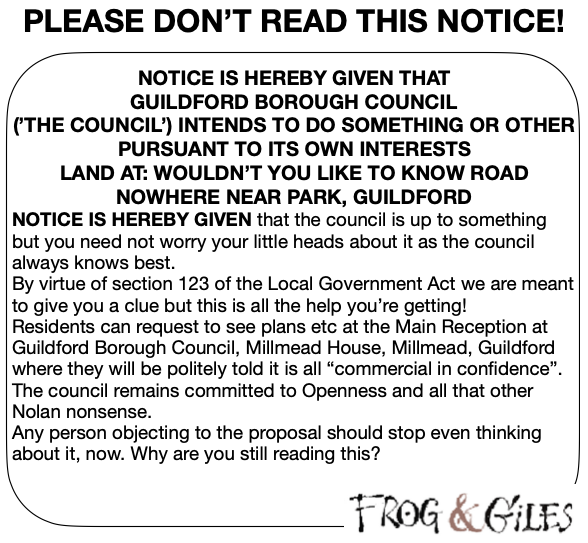
See Dragon story: GBC’s Explanation of Major Land Sale Notice Error ‘Borders on Arrogant’ Says Councillor




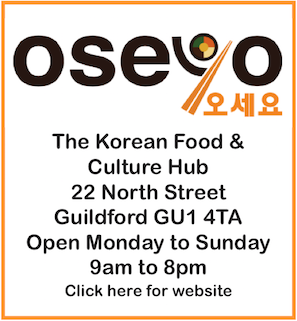
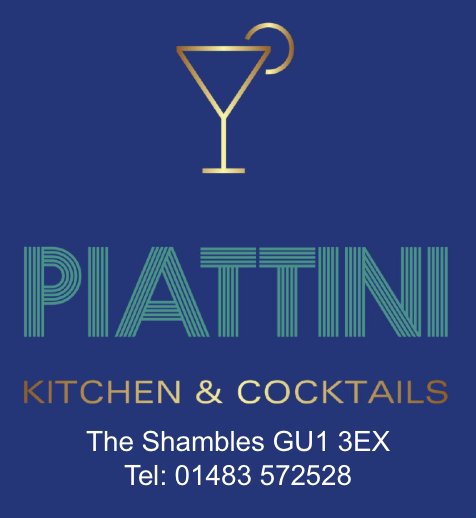

Recent Articles
- Letter: What a Scoop!
- Filmfest – a Festival of German Films
- Letter: Help Abroad Should Not Be to the Detriment of Those Here
- Armed Police Deployed After Fight at Ash Vale Pub – Four Arrested
- Surrey Schools Could Have ‘Meat-free Mondays’ If Strategy Adopted
- Man Sentenced to 60 Months Behind Bars After Kick Left Victim Unconscious
- Opinion: Action on Building Heights Is Needed Now
- Aux Nightclub Closes Suddenly – Police Investigation Underway
- £20,000 Offered to Help Solve 30-year-old Woking Murder Case
- Letter: Jeremy Hunt Has Not Engaged With Ash Parish Council As Claimed


Search in Site
Media Gallery
Dragon Interview: Local Artist Leaves Her Mark At One of England’s Most Historic Buildings
January 21, 2023 / No Comment / Read MoreDragon Interview: Lib Dem Planning Chair: ‘Current Policy Doesn’t Work for Local People’
January 19, 2023 / No Comment / Read MoreA3 Tunnel in Guildford ‘Necessary’ for New Homes, Says Guildford’s MP
January 10, 2023 / No Comment / Read More‘Madness’ for London Road Scheme to Go Ahead Against ‘Huge Opposition’, Says SCC Leader
January 6, 2023 / No Comment / Read MoreCouncillor’s Son Starts Campaign for More Consultation on North Street Plan
December 30, 2022 / No Comment / Read MoreCounty Council Climbs Down Over London Road Works – Further ‘Engagement’ Period Announced
December 14, 2022 / No Comment / Read MoreDragon Interview: GBC Reaction to the Government’s Expected Decision to Relax Housing Targets
December 7, 2022 / No Comment / Read MoreHow Can Our Town Centre Businesses Recover? Watch the Shop Front Debate
May 18, 2020 / No Comment / Read More



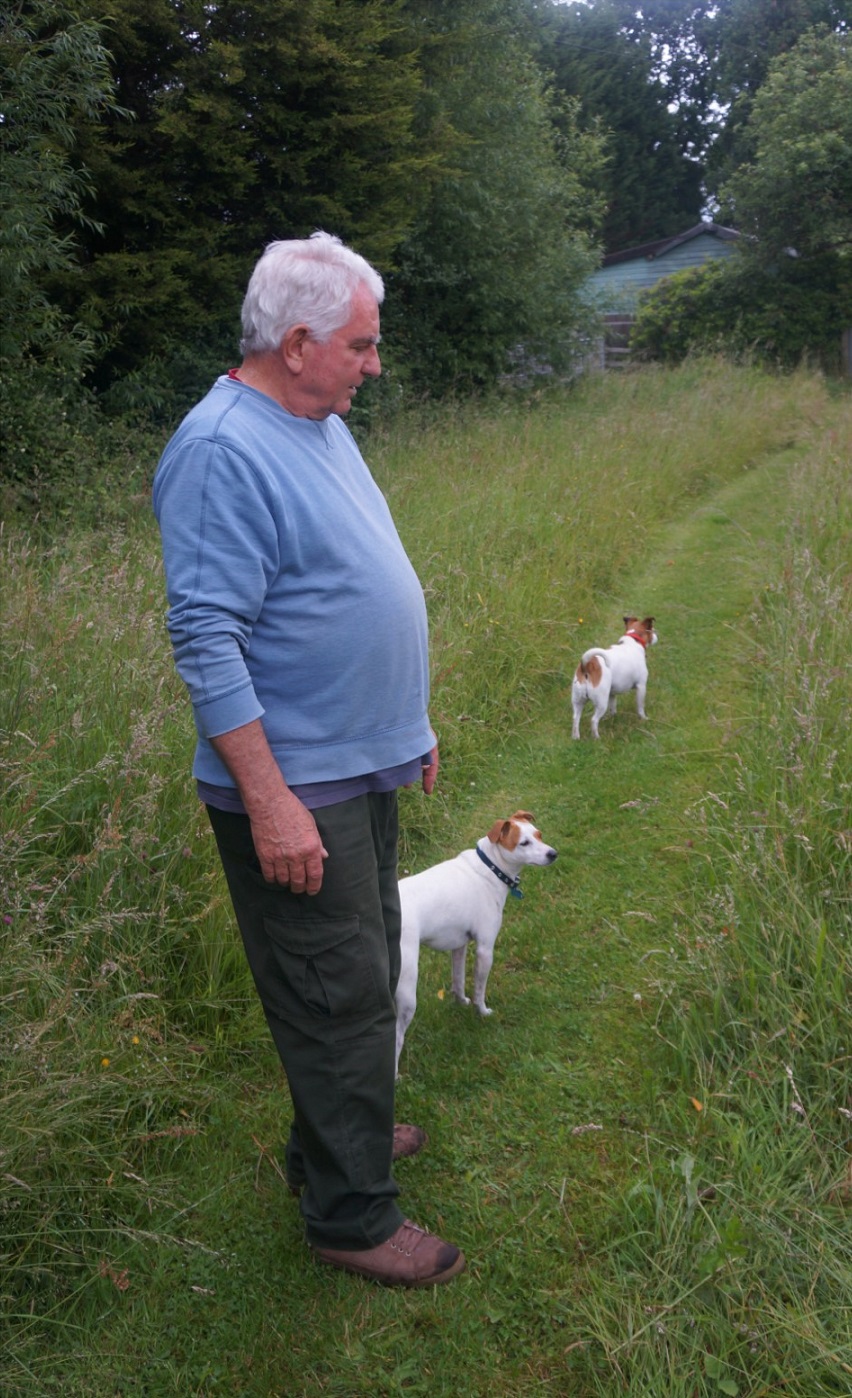
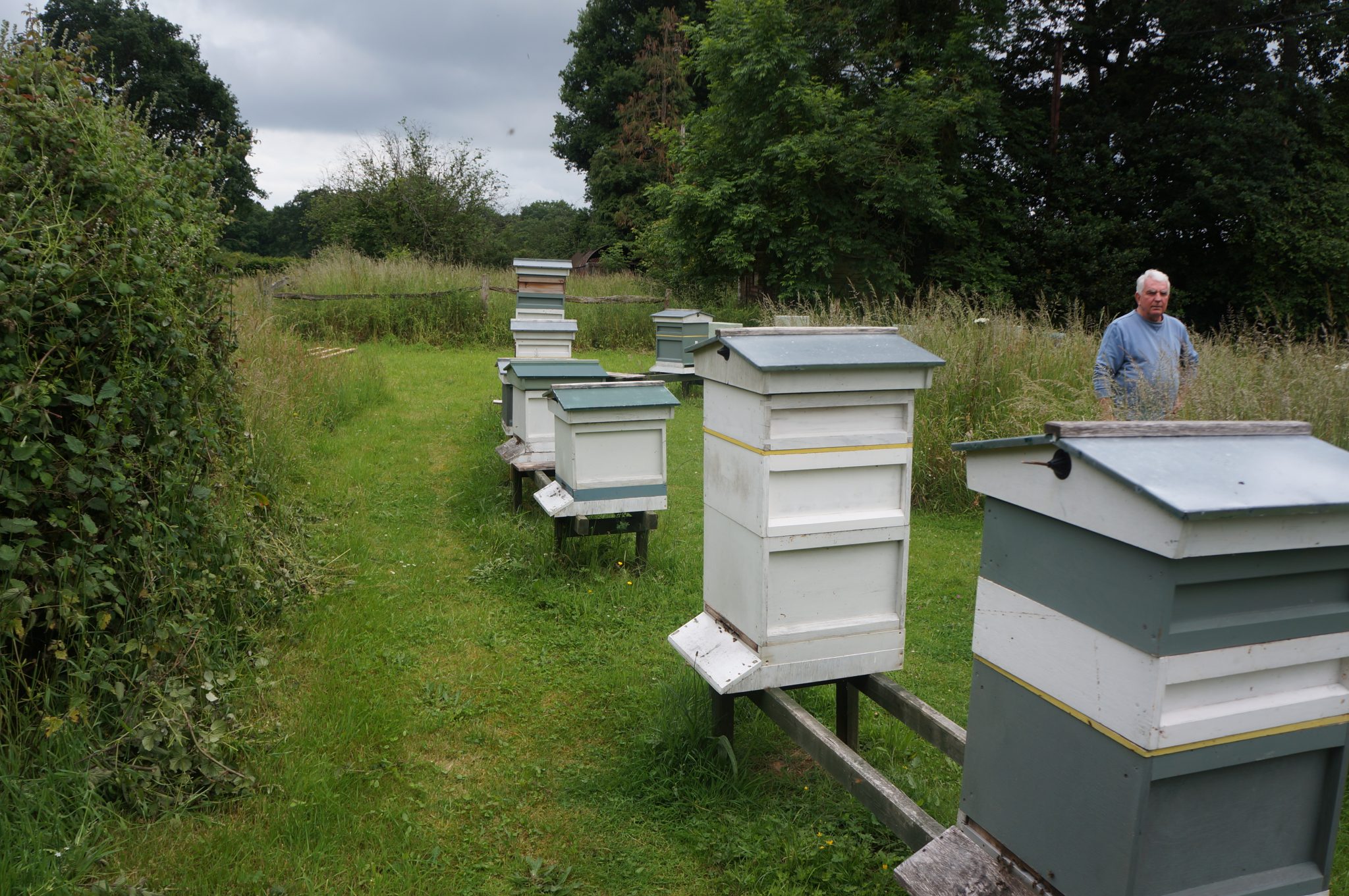



Recent Comments